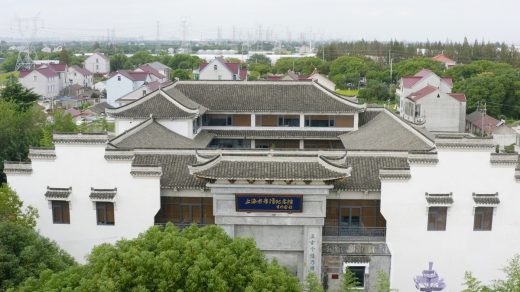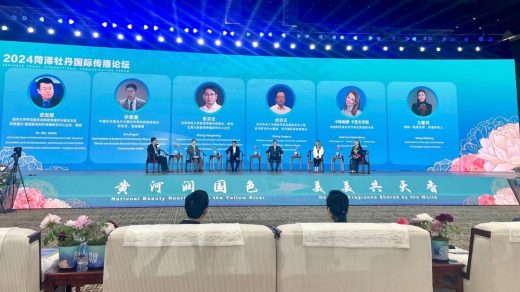
Illustration: Xia Qing/GT
Saudi oil giant Aramco said on Monday it is in talks with Hengli Group to acquire a 10 percent stake in a subsidiary of the Chinese firm that specializes in refining and petrochemicals. The negotiations mark the latest efforts by Aramco to bolster its downstream presence in China.
Middle East investors looking to gain more exposure in China are increasingly attracted to the nation’s fast-growing consumer market and abundant opportunities for supply chain cooperation. Aramco’s case serves as a good example of this trend.
With a memorandum of understanding signed between Aramco and Hengli, the Saudi oil giant stated that the deal aligns with its strategy to expand its downstream presence in key high-value markets, advance its liquids-to-chemicals program and secure long-term crude oil supply agreements.
The global shift toward a low-carbon economy poses a threat to energy companies’ business models and long-term profitability, prompting them to enhance their competitiveness through innovation. Take the example of Aramco, observers believe that China is becoming increasingly important for Aramco’s ambitions to convert 4 million barrels per day of its oil production into higher-value chemicals. That is why the Saudi oil giant has been closely monitoring opportunities in China’s petrochemical industry.
In 2023, Aramco acquired a 10 percent stake in Shenzhen-listed Rongsheng Petrochemical. Aramco’s joint-venture company, Huajin Aramco Petrochemical Co, announced last year that it planned to start construction of a major integrated refinery and petrochemical complex in Northeast China.
As these efforts continue to advance, cooperation between China and Saudi Arabia has seen diversified development beyond traditional energy trade. Saudi Deputy Minister of Investment Saleh Khabti was quoted by the Xinhua News Agency in October 2023 as saying that China has strengths in infrastructure, high-tech and logistics, so the possibilities of the two countries’ business cooperation are “unlimited.”
Saleh Khabti also mentioned that Saudi Arabia’s investment in China more than doubled in 2023 and Saudi Arabia is open to Chinese investors.
Saudi Arabia has also become a focus of investment by Chinese companies. The economic structures of the two countries are highly complementary. China is a major energy importer with a mature manufacturing sector and a complete industrial chain. Saudi Arabia’s economy is undergoing a transformation, as it implements reforms to reduce its oil dependence, invests in the downstream petrochemicals industry and diversifies its income sources.
This expanding and diversified bilateral cooperation is a clear example of how China remains an important market and investment destination for Middle East investors, despite some Western media outlets spreading a false narrative that China’s attractiveness to foreign investment has declined.
Cooperation between China and the Middle East is primarily focused on common development, without any conspiracies or political motivations. This partnership aligns with the regional economic development needs and will inject new driving forces into the economic and social development.
China’s high-level economic opening-up includes increased institutional openness, expanded market access and improved services for foreign investors. As China continues to further open its doors to foreign enterprises and attract more investment from other countries, it will facilitate the opening-up of sectors such as energy, refining and petrochemicals to create more trade and investment opportunities for foreign investors.
For some time, there have been reports and comments in Western media outlets hyping claims of “foreign capital fleeing China.” These reports do not match the facts. With China continuously improving the quality of investment and promoting the development of mutually beneficial cooperation, it is moving toward high-quality development.
Aramco’s enthusiasm for China’s market serves as evidence of China’s good performance in attracting foreign investment and accelerating development. China will follow its own speed and rhythm in opening up its economy to foreign investors.
Western observers don’t need to point fingers at China, because their biased narratives that “foreign capital is fleeing China” won’t affect China’s attractiveness to foreign investment.
The author is a reporter with the Global Times. [email protected]



